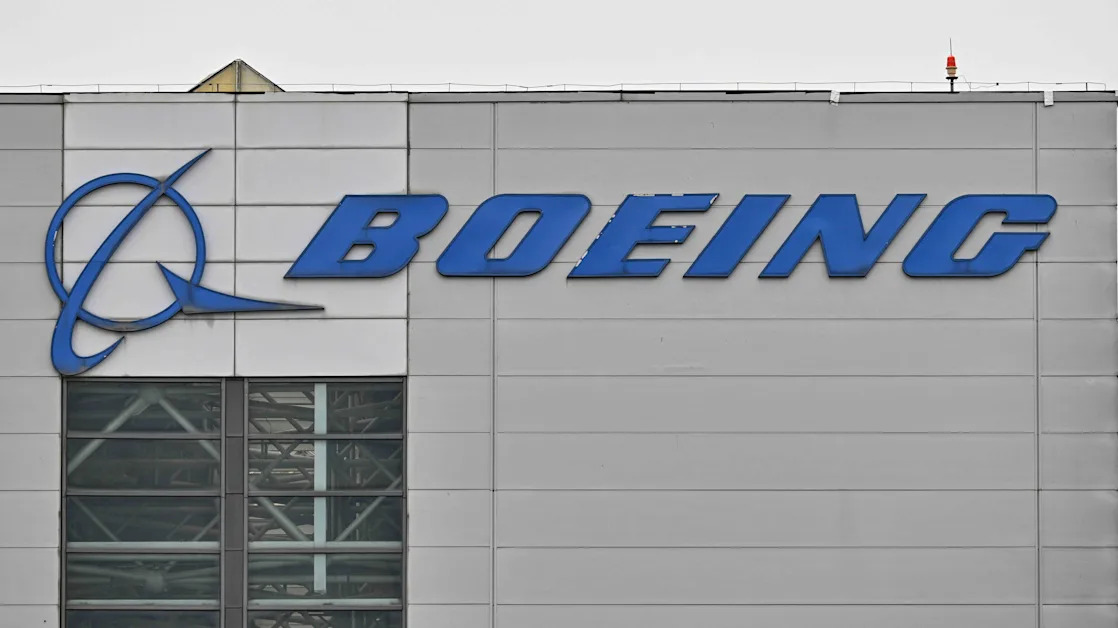
Boeing Stock Surges on Narrower-Than-Expected Loss

Boeing ( BA ) shares jumped Wednesday morning after the plane maker's first-quarter adjusted loss came in much smaller than anticipated.
The company reported an adjusted loss per share of $0.49 on revenue of $19.50 billion. Analysts polled by Visible Alpha had expected an adjusted loss per share of $1.24 on revenue of $19.66 billion.
"Our company is moving in the right direction as we start to see improved operational performance across our businesses from our ongoing focus on safety and quality," Boeing CEO Kelly Ortberg said. "We continue to execute our plan, are seeing early positive results and remain committed to making the fundamental changes needed to fully recover the company's performance while navigating the current environment."
Shares of Boeing were up 8% just after the market opened. They entered the day down 8% since the start of the year.
On Tuesday, Boeing said it would sell parts of its Digital Aviation Solutions business to software investment firm Thoma Bravo for $10.55 billion. The company said the all-cash deal will help improve its balance sheet and allow it to focus on its core businesses.
Tariffs Fueling China Uncertainty
Boeing has been caught in the crossfire of the developing trade war between the U.S. and China, as its completed planes have reportedly started to come back to America after China told its domestic airlines not to accept deliveries.
Boeing, which topped Q1 deliveries and production estimates earlier this month, said last year it expected Chinese airlines to generate demand for thousands of new planes over the next two decades as the air travel industry grows in the country.
The plane maker also still faces a looming trial in June as it works with the U.S. Department of Justice on a revised guilty plea to a charge of defrauding the federal government over fatal 737 Max crashes in 2018 and 2019 after a previous agreement was rejected by a judge last December.
UPDATE—This article has been updated with the latest share price information.
Read the original article on Investopedia